The following i3 Reference Materials are provided as an aid for the i3 community as they begin to treat the data that flows within and through their organization as an asset that should support the entire organization rather than a consumable that supports a specific application.

An article from Bessemer that calls for a revolution in the way data infrastructure networks are constructed. The material calls this the Lakehouse revolution and calls for an organized approach to data ingestion, transformational capabilites in a way that is both scalable and intelligent (ready for AI). This revolution will change the we deploy and use query engines and this process will change our understanding of software and data engineering.
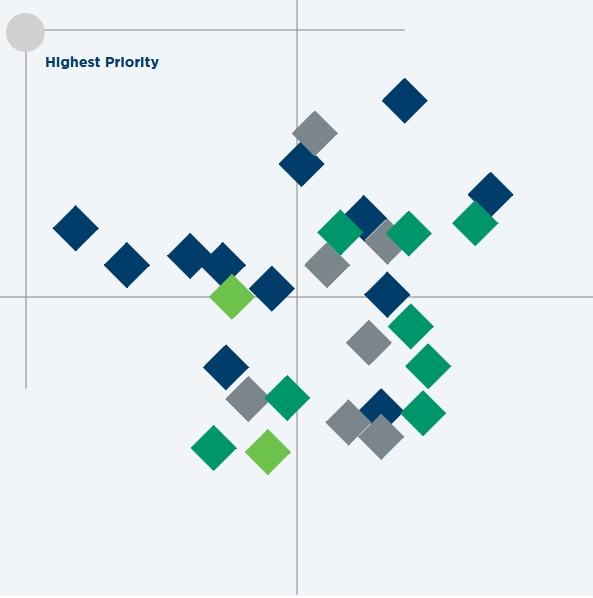
West Monroe consulting discusses how the emerging plethora of data will impact manufacturing analytics processes. This paper called for companies to begin managing data as through it were a corporate asset that could be applied to further to optimize the manufacturing and supply chain processes. The available data will impact pricing strategys up and down the business change because it allows performance based pricing structures that could not have been imagined five years ago. As a general statement, manufacturing business processes, when enhaced with performance based data, will allow business to evolve away from product based pricing structures and move toward value-based pricing concepts.

In today’s world, data drives everything. Government agencies have lots of data since the government touches everyone but unfortunately, government data is often locked in silos, scattered, and virtually inaccessible. Early efforts to make public data accessible, were successful in that they show cased the power of data but did little harness the value of the data for city operations. Cities need to adopt clear and meaniful data strategies that improve the efficiency and effectiveness of government operations. This has to start with a clearly stated vision for data use that is based on practical use cases. These initial use cases should not be viewed as the end goal but as a platform that can be used to support incremental use cases and other extensions that create value well and beyond the initial use case.
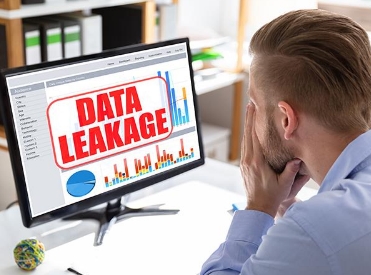
Data governance refers to the processes an organization uses to manage their data. Data policies that determine protection system applied to safe guard sensite data is an understood data governance issue. Other issues like data retention policies, auditng data distribution and use within the organization, and back-up/recovery processes processes are other data governance issues. Properly constructed, data governence policies provide foundational support for the organization’s operations yet they are often mis-understood and mis-communicated. A sound data governance policy has to begin with an inventory of the organization’s data assets and then has to classify the available so that policies can be applied consistently across the data class.
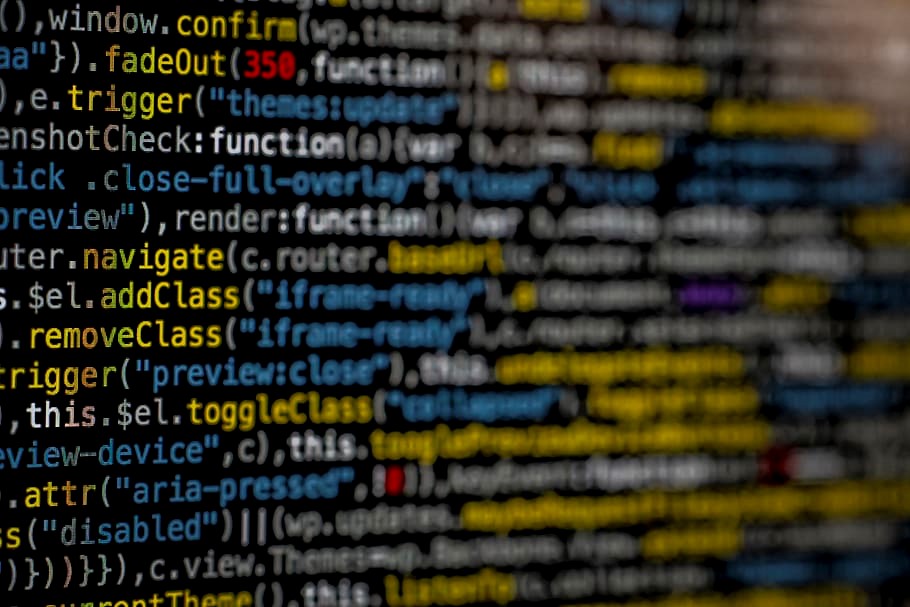
At the begining of each year, the pundits all issue their view of the top tech trends they expect will dominate the coming year. The TechTarget forcast of future tech trends is particularly interesting from the perspective that they called out AI as a top tech trend (like most other forecasts) and they went a step beyond the norm to point out how the demand for AI systems will drive other issues that are prerequsites for a successful AI deployment. AI systems have made great strides forward and represent significant benefits to the companies that deploy them. However these systems are massive consumers of data and the data infrastructure that enabled legacy software systems will need to be totally reconsidered before it can suitably serve the needs of this oncoming wave of AI deoplyments.

A ebook detailing research conducted by ThoughtLab covering efforts to deploy smart city concepts in the real world. It talks about success stories and even more interesting is the coverage of hurdles that neeed to be overcome when turning these systems into reality. A good read that while written based on smart-city experiences, has lessons that apply to tech deployment projects in the commercial market as well.

A contributed article to the Communications of the ACM which outlines the challenges facing efforts to create a data infrastructure that is capable of supporting an organization using AI technologies to drive their business practices. Feeding each AI application with dedicated data streams creates scalibility hurdles but building the needed cohseive support structure for an AI driven organization has its own set of challenges.
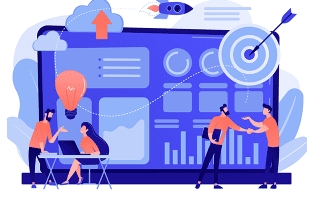
An article from Dataversity that discusses what it means for an organization to be data driven.
Gives attention to the benefits for an organization to be data driven and the steps an organization to improve their data-driven orientation. The article has links to other articles related to data driven business preoceses as well.

Geogetown University’s Beeck Center for Social Impact published a data-maturity assessment tool for government called the “State Data-Maturity Assessment.” The assessment tool was developed as part of a larger effort in assisting state governement officials in evaluating their organizations readiness for future data-driven evolitionary growth. While originally developed with state governments in mind, the tool is equally useful for county and city officials as well as for private enterprises.

ThoughtLab, is a research group that examines the impact of technologies on companies, cities, industries, and business performance. They have recently begun a study to consider how cities are preparing to adopt AI technologies in order to enhance services, reduce costs, and improve quailty of life for its citizens. As a partof that program, ThoughtLab has issued a report. “AI, A Game-changer for Cities”, that considers the perspective of several notable industy thought leaders about potential impacts of such technologies.

How Well is Data Fueling Your Company’s Digital Revolution. Doug Laney, Forbes contributor and Innofation Fellow at West Monroe, discusses the importance of data in fueling the Digital Revolution. He makes the point that data is a corporated asset that needs to be actively managed for the benefit of the company. According to Doug, a lot of transformational projects fail to live up to expectations because data is treated as an cost center that enables other systems but overlooked as asset that can be managed for efficiency and effectiveness

An Overview of Application Integration Systems.A new generation of Application Integration software is emerging. These tool go well beyond the legacy concept of building rigid links between applications that need to communicate. Instead, these next generation tools allow the creating of a network of applications that allow application to be actively managed and support interconnections across organizational divides. In essence, these tools support the creating of application networks that can be managed for the organization’s maximal benefit – today and in the future.
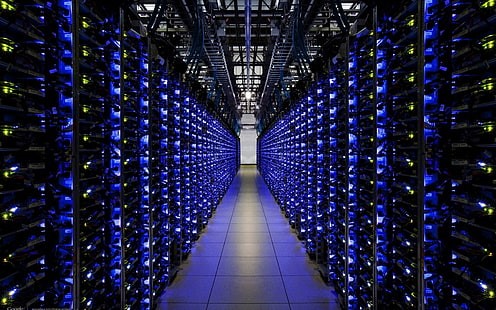
The Application Integration Process. Application integration programs link two or more disparate applications together. This allows applications to share data and other intelligence thereby breaking down the application silos that compartmentalize departments based on technology. This paper provides some getting started guidelines that should be considered whenever an application integration program is started.

An Introduction to i3. A brief overview of the i3 information network architecture system.

i3 Operational Concepts. A short white paper overviewing some of the i3 operational concepts that are important to understand, implementing, and deploying an i3 information netywork.
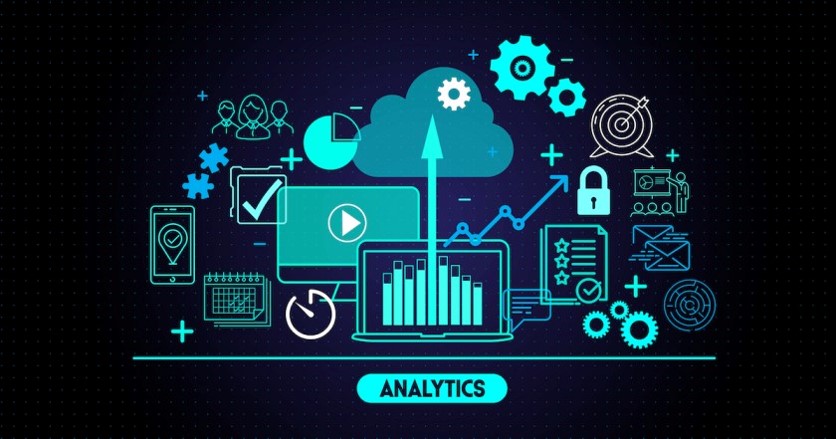
Introducing i3’s e3 Processing System. i3 has created the e3 processing system. An edge based engine that is intended to support remote device and application wrappers that feed information to the i core information processing network.
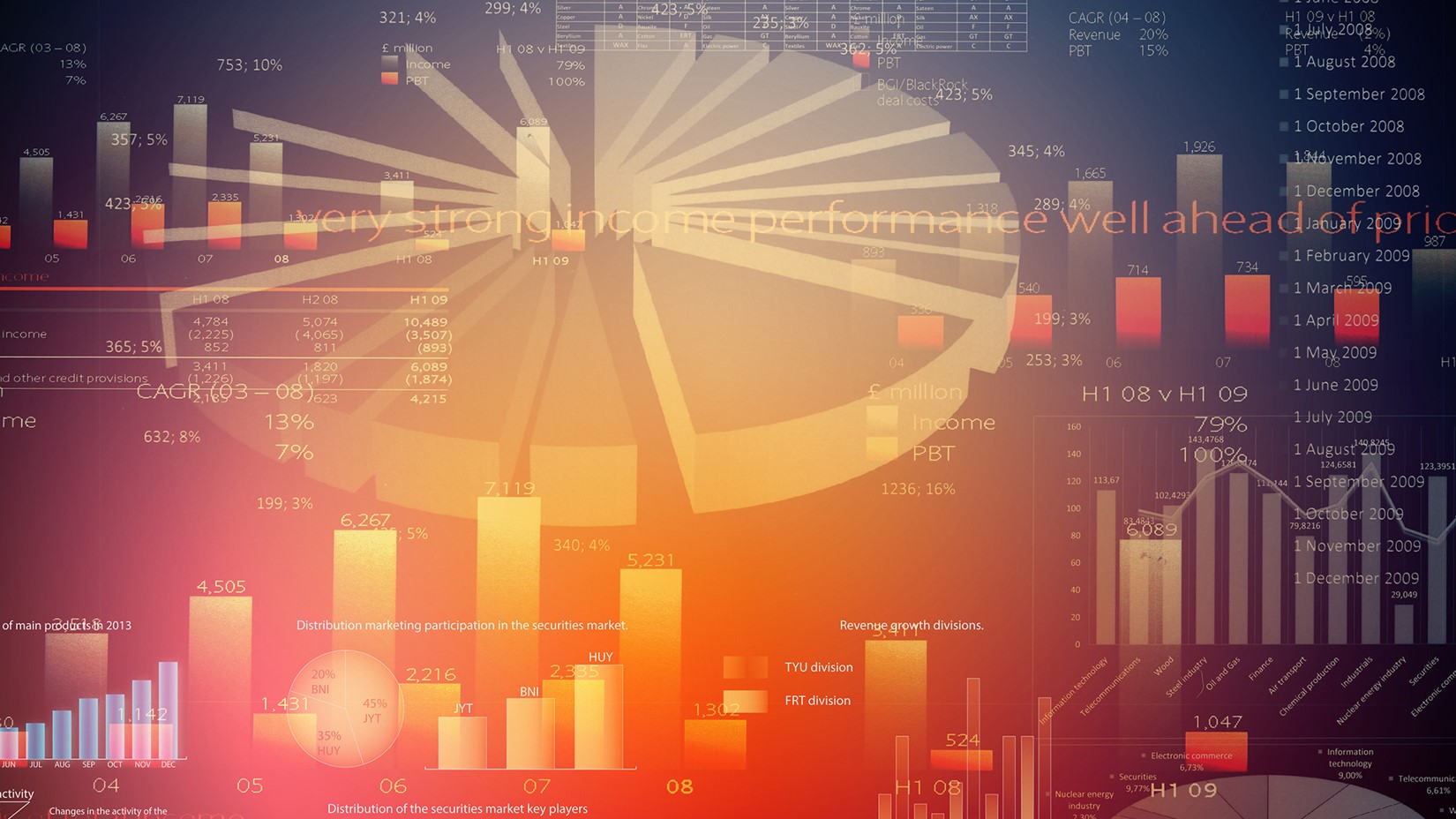
A Overview of the i3 Software Development Kit (SDK). This intraductory white paper introduces the i3 Software Development Kit to the reader.
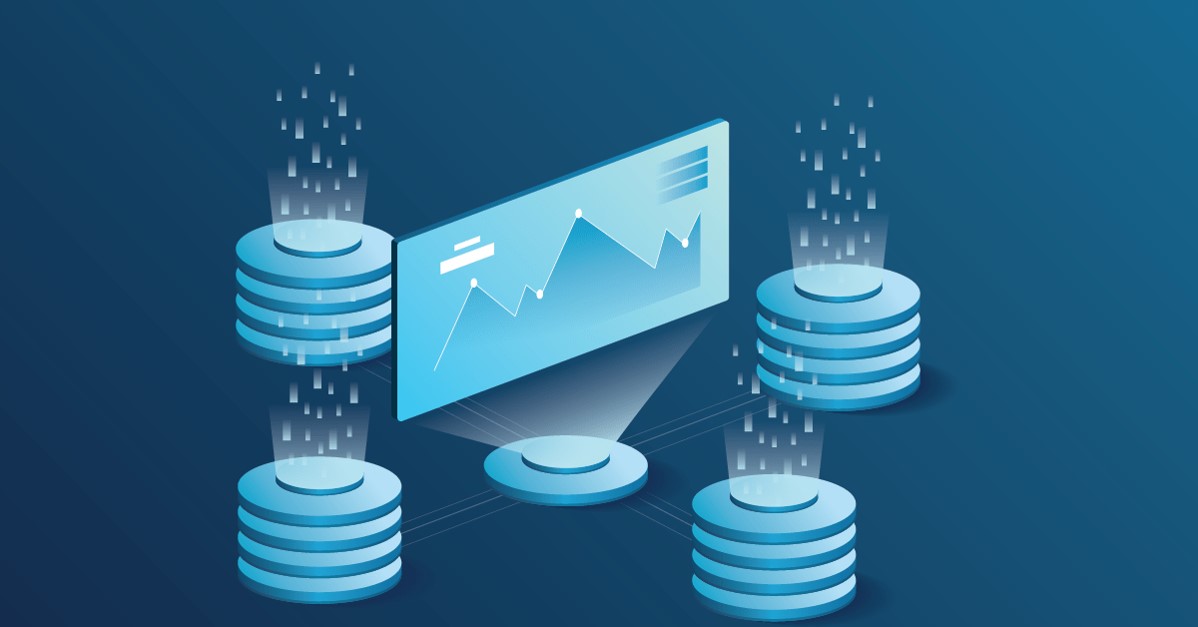
A Brief introduction to i3 Based Device Wrappers. This short white papers introducers the reader to the creation of an i3 information device wrappers.

A Brief introduction to i3 Based Application Wrappers. This short white papers introducers the reader to the creation of an i3 information application wrappers.

Rewiring Telecoms for Future Success Means Shifting to a Customer Focus. Communications Service Providers used to be in the business of providing what were largely commoditized connectivity services. That legacy mantra is rapidly changing. New era communications companies are increasingly focused on the customer experience. The ability to make such a shift is enabled by data, and the companies ability to use that data to strengthen their customer relationships.
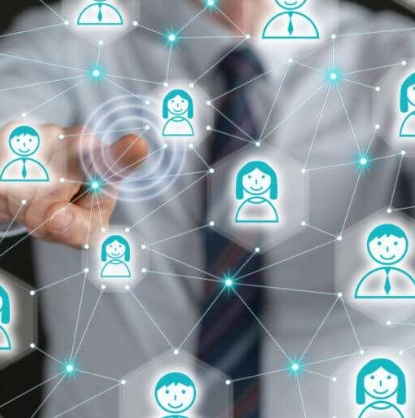
Building a Data marketplace: 6 Fundamental Principles of The CTM i3 Platform. Reflections on the evolution of the i3 concept that was originally envisioned at University of Southern California (USC) including an overview of lessons learned along the way. The experiences that emerged from this three year research project shaped the efforts that drove i3 Systems to create an industrialized implementation of these research programs that could be deployed by smart cities, smart communities, and indeed any ecosystem that seeks to increase the value of the data being managed in a federated operation environment.
 Trust in Smart City Systems.
Trust in Smart City Systems. A reference document from the Cybersecurity & Infrastructure Security Agency that focuses on the importance of trust to achieving a successful Smart-City project. The document also discusses nine trust characteristics that need to be considered when planning a new smart city project.
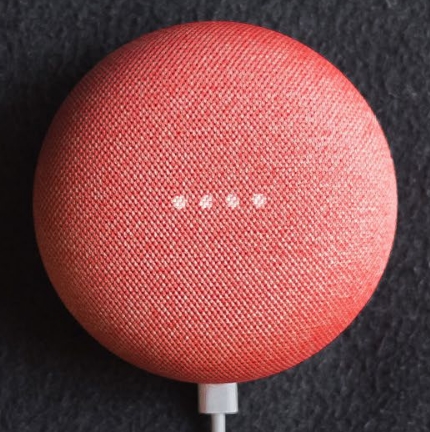 The State of the Connected World: 2020 Edition
The State of the Connected World: 2020 Edition Late in 2020, the World Economic Forum released a report that focused on how IoT systems were transforming and disrupting the way
we live and work. While these technologies will have significant impact, there are outstanding obstacles that must be overcome before that can achieve their true potential, i3 is cited a breakthrough and several government agencies that are planning i3 deployments are also called out as examples of progressive efforts to conquer the limitations of legacy systems.
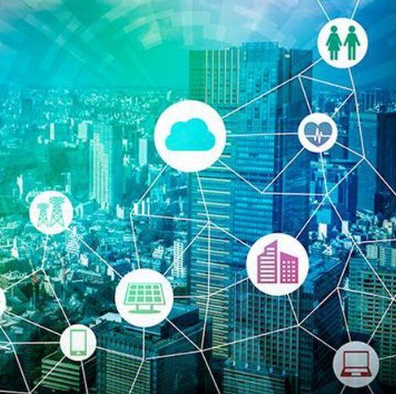 How AI Could Tackle City Problems Like Graffiti, Trash, And Fires.
How AI Could Tackle City Problems Like Graffiti, Trash, And Fires. The goal is to get data into the data lake, processing it to add value, and then using that information to drive action that improves municipal operations and quality of life for the city’s residents.
 The Evolving Internet of Things (IoT) in Healthcare.
The Evolving Internet of Things (IoT) in Healthcare. The healthcare industry is in a technological crossroad where innovation in digital communication and
Internet-of-Things (IoT) technologies are intersecting thereby changing the relationships between medical care providers, patients, health care systems, and the government. Advancements in digital and communications technology have caused doctors, hospitals, and health systems to evaluate the impact of these devices in the complex milieu of administrative process, regulatory compliance, and clinical communications.
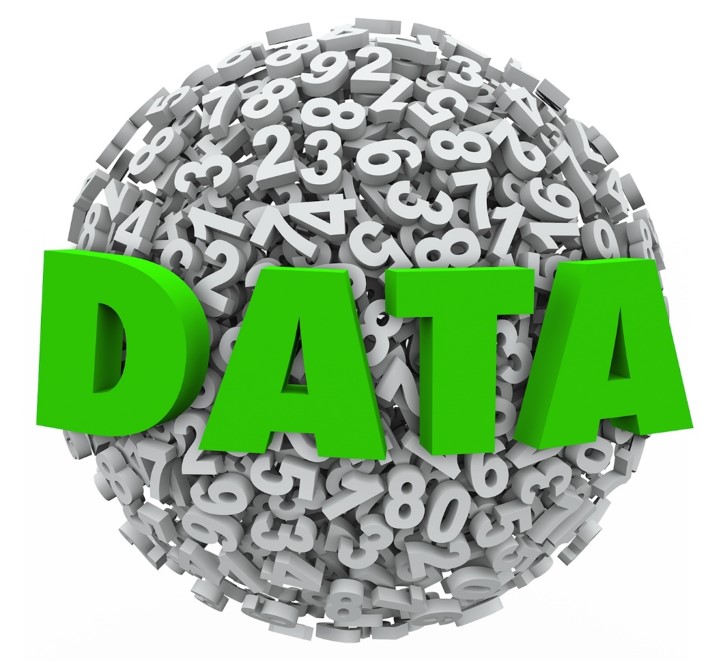 i3: An IoT Marketplace for Smart Communities.
i3: An IoT Marketplace for Smart Communities. There are many barriers preventing the adoption of the Internet
of Things (IoT) in smart communities and smart cities,
including interoperability, concerns about vendor lock-in, economic
constraints, and privacy issues. An architecture that fluidly manages the flow of data between IoT devices and applications improves systems manageability in community-centric infrastructures.
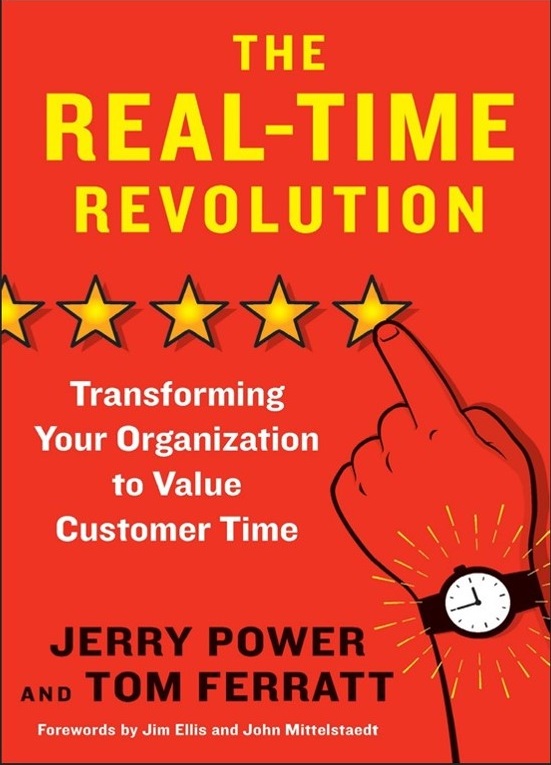 The Real-Time Revolution: Transforming Your Organization to Value Customer Time.
The Real-Time Revolution: Transforming Your Organization to Value Customer Time. Business survival requires valuing what customers value — and in our overworked and distraction-rich era, customers value their time above all else. Real-time companies beat their rivals by being faster and more responsive in meeting customer needs. To become a real-time company, you need a real-time monitoring and response system. This book explores how an organization can put procedures in place that will collect data on how well products or services are saving customer time; identify strengths, weaknesses, threats, and opportunities; and specify innovations needed to save even more customer time. That idea, the concept of using technology to understand how and where customers and the company spends it time served as the motivation that drove the development of the i3 concept.
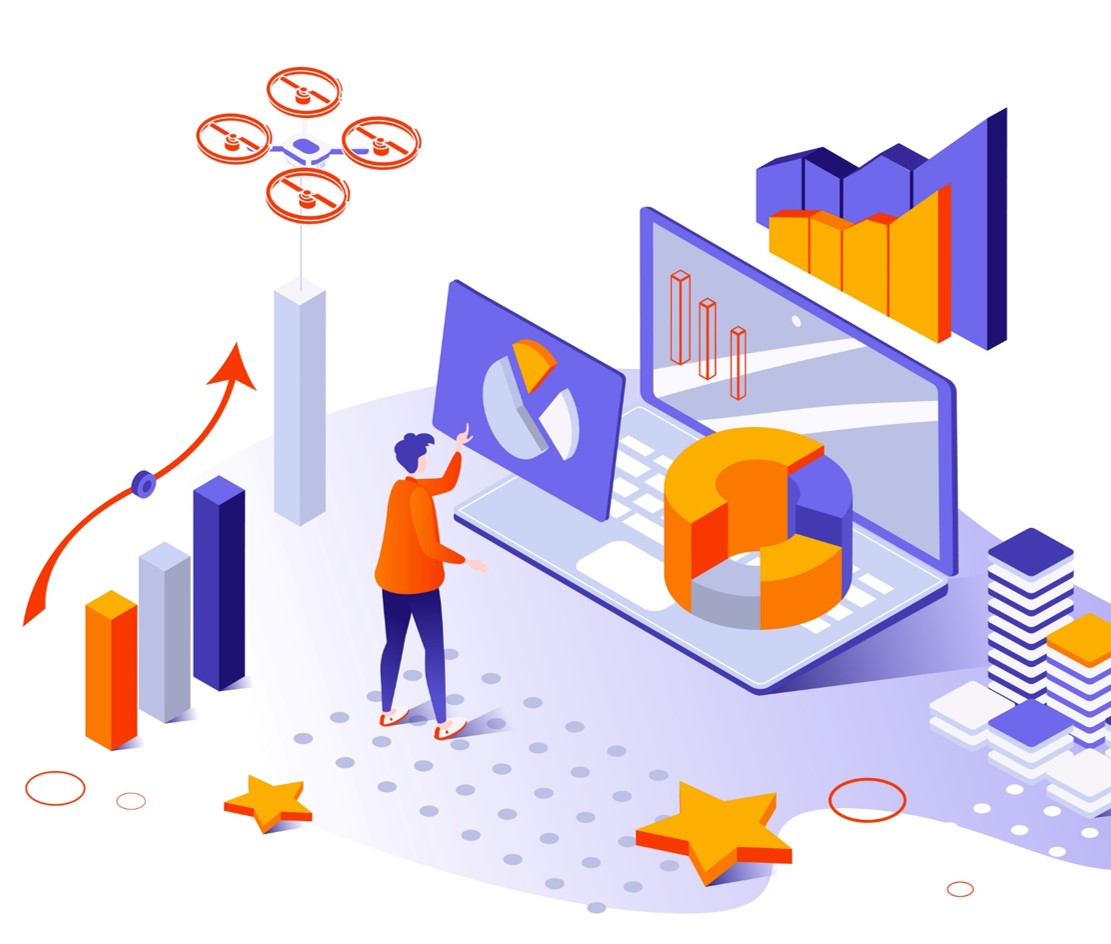
The Intelligent IoT Integrator (i3) Project: Working Together. A brief history of how the i3 project began as an University of Southern California (USC) academic research program, evolve to become a multi-stakeholder system, and then created an opensource proof-of-concept that demonstrated the power of leveraged data. i3 Systems emerged from the project as a pathway to evolve IoT, and indeed any real time data system, and bring these concepts to operational environments.